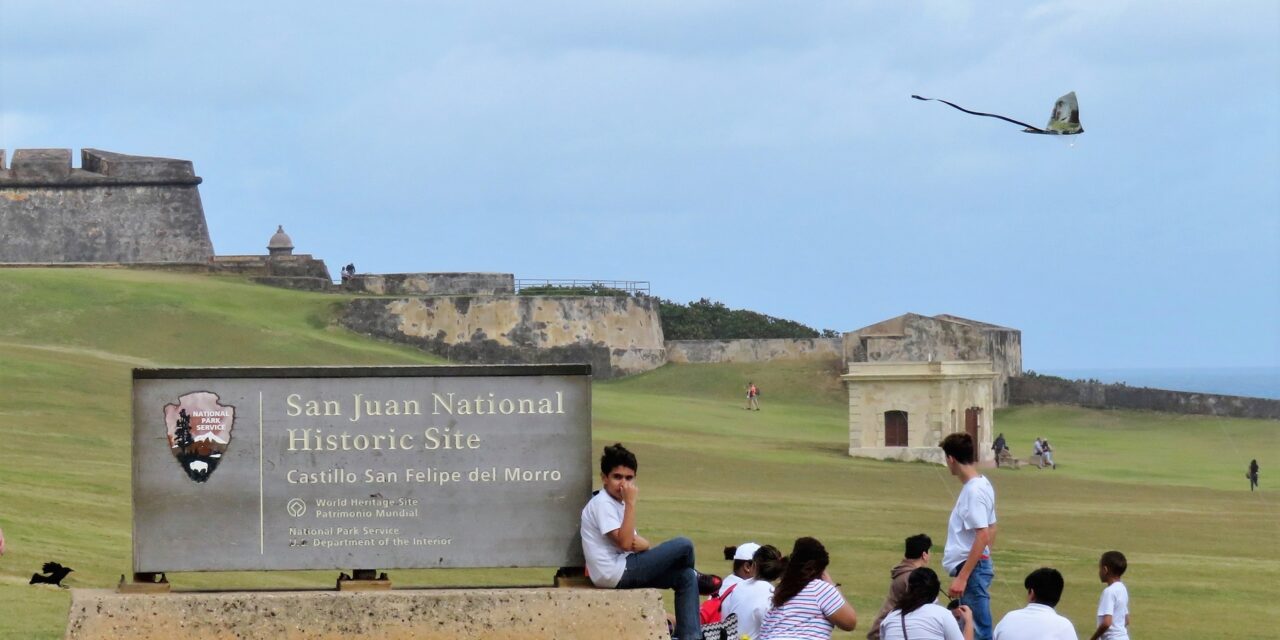Revolutionizing Education: A Blueprint for Puerto Rico’s Future
As a concerned advocate for Puerto Rico’s progress, I recognize the challenges plaguing its education system—budget cuts, low academic performance, and school closures. Despite government efforts, existing policies and reforms fail to adequately address these issues, perpetuating disparities in educational quality. However, I believe in the transformative power of education and the need for innovative solutions to propel Puerto Rico forward. Through collaboration and strategic initiatives, we can pave the way for a brighter future for Puerto Rican students.
In the wise words of Nelson Mandela, “Education is the most powerful weapon which you can use to change the world.” Just as education served as a catalyst for change in Mandela’s vision, it holds the key to unlocking Puerto Rico’s potential and shaping a better tomorrow.
By prioritizing education reform and implementing innovative strategies, Puerto Rico can overcome its educational challenges and empower future generations to thrive.
Join me in advocating for transformative education reform in Puerto Rico. Together, let’s build a brighter future for our children and our island!
Food for thought. This is my plan, what should be taught.
-
Comprehensive Life Skills Education
- Challenge: Traditional education often focuses solely on academic subjects, neglecting essential life skills.
- Solution: Integrate practical life skills such as cooking, cleaning, financial literacy, personal hygiene, and basic budgeting into the curriculum from Kindergarten to High School.
-
Holistic Health and Wellness Education
- Challenge: Mental and physical health education is often overlooked, leading to issues like stress and poor lifestyle habits.
- Solution: Implement a holistic wellness program covering topics such as nutrition, exercise, stress management, mindfulness, and mental health awareness to foster overall well-being.
-
Entrepreneurship and Leadership Development
- Challenge: Many students lack exposure to entrepreneurial and leadership skills essential for success in the modern world.
- Solution: Offer courses or extracurricular activities focused on entrepreneurship, leadership, problem-solving, critical thinking, and innovation to cultivate future leaders and innovators.
-
Financial Literacy and Money Management
- Challenge: Financial illiteracy contributes to personal debt, financial insecurity, and economic instability.
- Solution: Integrate financial literacy education into the curriculum, teaching students about budgeting, saving, investing, banking, credit, and debt management.
-
Civic Education and Political Literacy
- Challenge: Many students graduate without a solid understanding of civic responsibility, government structures, and political processes.
- Solution: Offer civics courses covering topics such as democracy, citizenship, voting rights, current events, and community engagement to foster informed and active citizens.
-
Ethics, Values, and Character Education
- Challenge: Moral and ethical education is often overlooked, leading to societal issues like dishonesty and lack of empathy.
- Solution: Integrate character education into the curriculum, emphasizing values such as integrity, empathy, respect, compassion, and responsibility to nurture ethical and compassionate individuals.
-
Multicultural and Diversity Education
- Challenge: Cultural awareness and appreciation are essential in today’s diverse society, yet often lacking in education.
- Solution: Incorporate multicultural education, teaching students about different cultures, religions, languages, traditions, and perspectives to promote tolerance, inclusivity, and global citizenship.
-
Environmental and Sustainability Education
- Challenge: Environmental issues such as climate change and resource depletion require urgent action, but many students lack awareness and understanding.
- Solution: Integrate environmental education into the curriculum, covering topics such as sustainability, conservation, renewable energy, climate science, and environmental stewardship to empower students to become environmental advocates.
-
Critical Media Literacy
- Challenge: Misinformation and media manipulation are prevalent in the digital age, posing challenges to critical thinking and discernment.
- Solution: Teach media literacy skills, including critical analysis of media messages, fact-checking, digital citizenship, and responsible online behavior to empower students to navigate the media landscape effectively.
-
Experiential and Project-Based Learning
- Challenge: Traditional lecture-based instruction may not effectively engage students or foster deeper learning.
- Solution: Emphasize experiential and project-based learning approaches, allowing students to apply knowledge, solve real-world problems, collaborate with peers, and develop practical skills through hands-on experiences and projects.
By incorporating these practices and addressing the challenges, we can create a more comprehensive and effective education system that prepares students not only academically but also for success in all aspects of life.
#EducationReform #PuertoRicoEducation #Empowerment #Innovation #FutureLeaders #ChangeMakers






